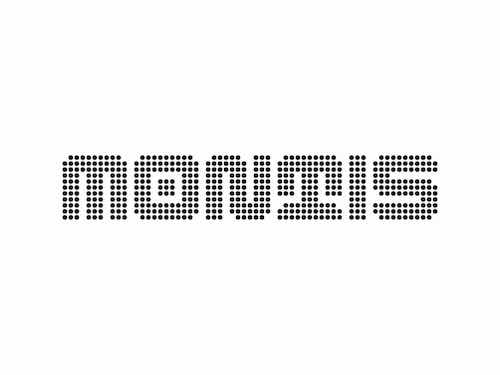A pen line in leather, chocolate milk or soup spilled? Do not panic! A lot of stains are easily removed with the right care product and a little bit of patience. Read more about useful tips and tricks on this page, how to deal with fresh stains and much more!
10 basic rules
There are many types of stains, and they all differ from each other. There are large spots, small spots, grease stains, stains with colour, stains caused by medicine, limescale, small scratches and bald spots. Each stain has a different cause and must be treated in a separate way. That sounds difficult, but fortunately there are 10 basic rules that apply to all of them:
- Keep the leather dust-free. Weekly dusting is 90% of your regular maintenance. Dust, or micro-pollution, can mix with skin fat and or perspiration. This combination can cause ugly black stains.
- Nourish leather every six months with the products from the regular maintenance set. Nutrition is incredibly important and therefor the half-yearly maintenance cannot be skipped. Dehydrated leather will absorb liquids much faster, making stains with liquids more difficult to remove.
- In case of stains with liquid, try to remove the liquid as soon as possible. Try to dab as little as possible on the stain. Take for example (uncolored) kitchen paper and use this to suck up the liquid. This is easiest done when you keep the tip of the paper in the liquid.
- Remove stains with solids as much as possible with a (clean) spoon.
- Try to resist the temptation to scrub, rub or put any pressure on the leather. If youd do you'll have a chance that you will continue to see the stain permanently.
- Do not use home, garden or kitchen remedies. Often solvents like alcohol are included in these products.
- Always clean a complete section (such as an entire seat cushen / back surface) and not just the stain.
- Always treat a stain from the outside in, while putting as little pressure as possible.
- Let the foam of the cleaner do the work. Apply the foam to the stain and let it briefly soak in (do not let it dry completely). Then remove the foam with a slightly damp cloth.
- Not all tap water has the same water hardness. Always use distilled water to prevent limescale after cleaning.
Grease stains
Whatever you do, stay calm. Consider what kind of stain it is, and what you can do (basic rules) to limit the damage in first instance. Grease stains in full-aniline, saddle and vintage leather will pull away over time. Follow basic rules 3 & 4 and then take a look at the stain. If you see colorization in the stain (for example: mustard = grease stain + colour transfer) then you want to remove the colour transfer as quickly as possible. You do not need to do anything about a grease stain in at first glance. The aforementioned leather types have the quality to incorporate small grease stains in the leather. Grab your camera and take a picture of the stain. Then wait a week, and take another picture in the same way (same spot, same angle, same light) and compare them. Do this every week. You will see that, over time, the grease stain becomes less noticeable and will eventually disappear completely. Did the spot not visibly become less noticeable? Send us a picture by mail and we'll take a closer look. You can find our details on the contactpage.
Need help?
Are you unsure about the origin of a stain, or are you stuck during cleaning? Do not hesitate to contact us. LCK Nederland looks at countless photos of stains and damage every day and can give you professional advice.
Send a couple of photos by mail to LCK Nederland with as much relevant information as possible:
- type of leather (+ color or color number) or fabric, + manufacturer.
- cause of the stain.
- the approximately lifespam of the stain (1 day old.. 2 months.. etc.)
- Have you already cleaned, if so: what products did you use? (water is also a product)
- photos: 1 overview of the sofa or armchair, 1-2 detailed photos (sharp and close) of the stain or contamination.
Try to provide LCK with as much information as possible for an accurate advice. Not all information at hand? Does not matter, we try to help you as much as we possibly can. Try to supplement as much information as possible and take some sharp pictures. Every stain is different, therefore each stain is treated separately. LCK Nederland looks at the photos and will draw up a treatment plan for you in consultation with the experts. Completely free of charge!
Nowadays a photo is made in an instant and can be sent everywhere in a blink of an eye. Additionally, the cameras in smartphones are so good that making a sharp photo has become child's play. Do not hesitate to send us a photo if you have any doubts. Better to prevent than to cure.




